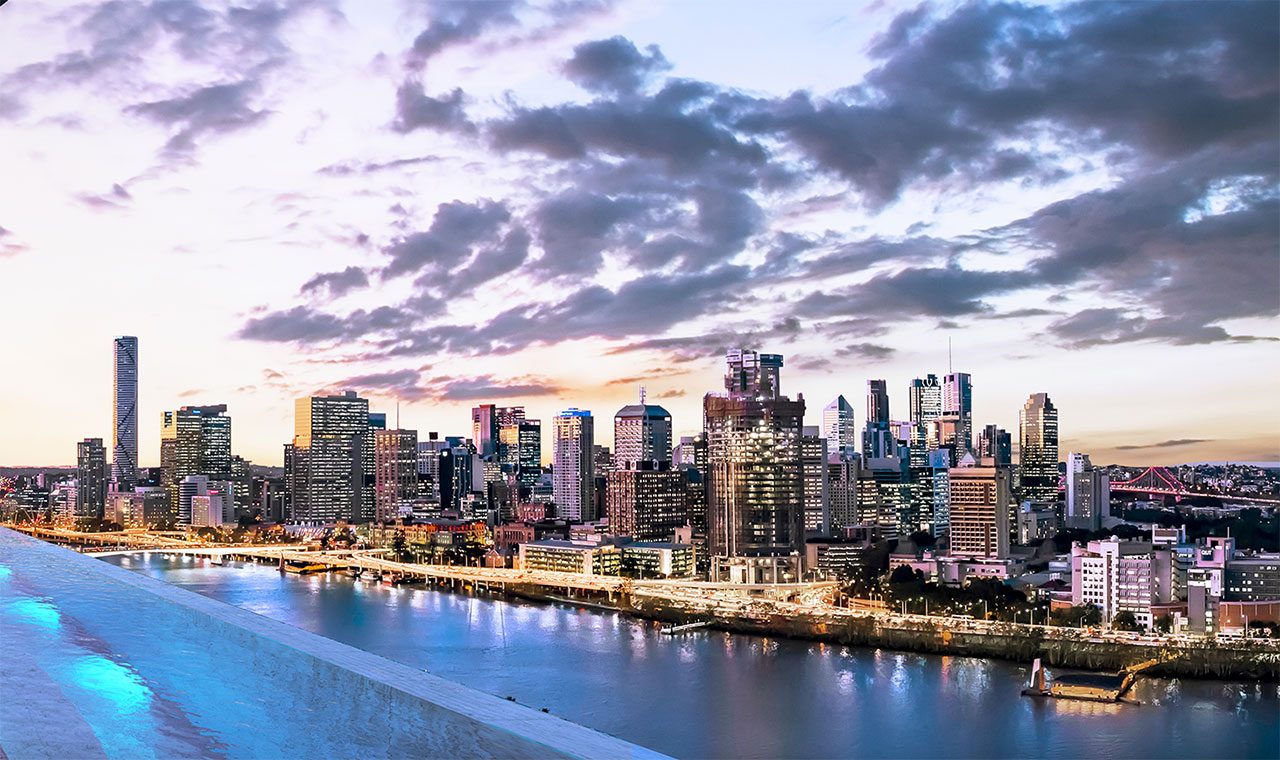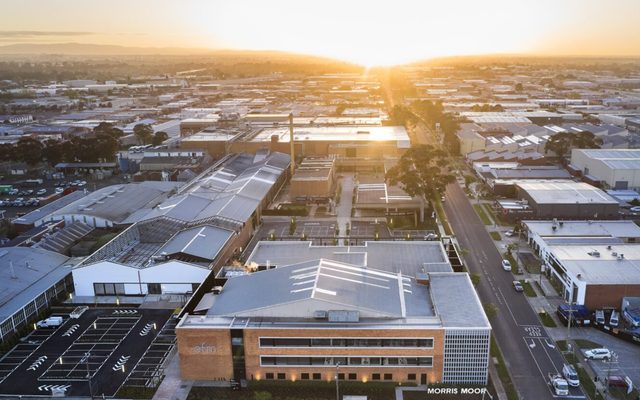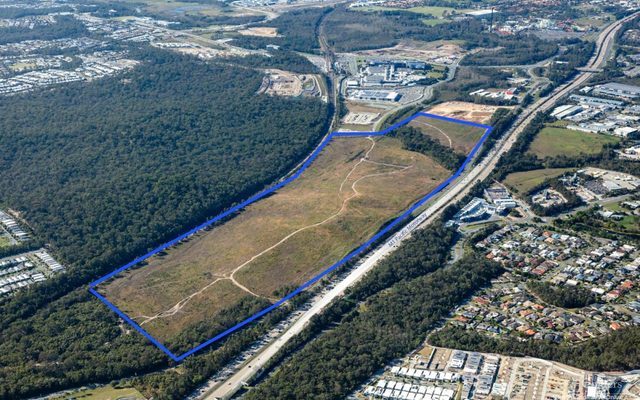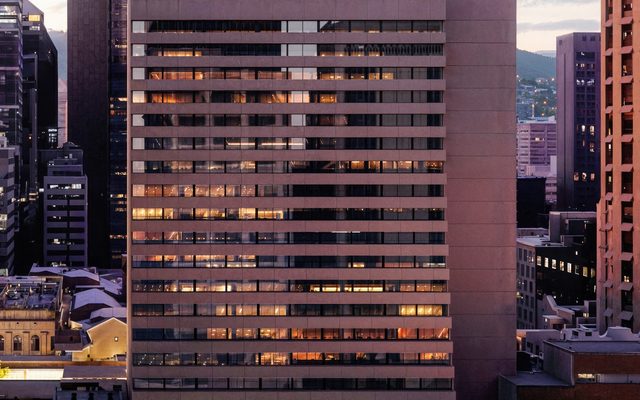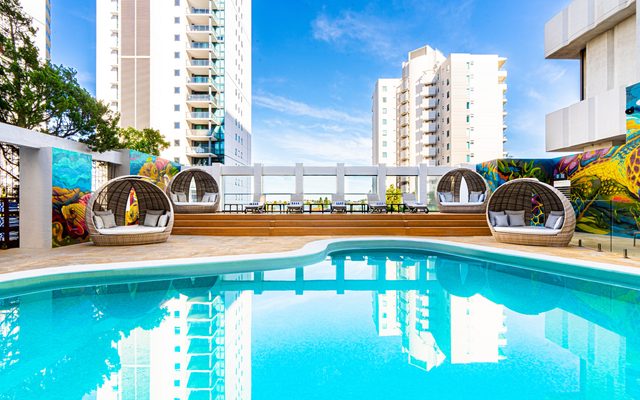This article is from the Australian Property Journal archive
FLEXIBLE workspaces in Brisbane now make up a higher proportion of its office market than in Sydney, as larger businesses begin to join the growing number of start-ups in utilising the spaces.
Colliers International’s new Brisbane Flexible Workspace: Market Trends and Outlook report shows that the 78,000sqm of flexible workspace in Brisbane accounts for more than 2.43% of its total office market, in comparison to Sydney’s 2%.
Flexible workspace in Brisbane comprises 62,137sqm of serviced offices, 8,860sqm of co-working space and 8,000sqm of incubator space, usually owned, funded or managed by government of not for profits.
Recent JLL figures showed co-working tenants made up just over 6% of net absorption in Melbourne’s CBD office market in 2016,with 11,340sqm out of a total of 188,600sqm.
The report also said Queensland had overtaken Victoria in terms of start-up business numbers to have the second-highest in the nation, behind New South Wales.
Joseph Dean, national director of office leasing at Colliers, said the Brisbane CBD accounts for 58% of Brisbane’s flexible spaces and that there has been a rapid increase throughout the Fortitude Valley and Southern fringe precincts.
He said 60% of flexible space is located in secondary grade buildings across the CBD and fringe markets.
“However, there are some fantastic examples of heritage space being meticulously renovated and repurposed as witnessed at T.C. Beirne Building (incubator space backed by the Queensland Government) and Plumridge House (serviced offices) in Fortitude Valley.
“The demand for flexible workspace is being driven by businesses seeking greater flexibility in tenancy size, lease terms and the ability to flourish with like-minded, often tech savvy and forward thinking entrepreneurs and small business operators,”
“But it is not only the start-ups or small operators that take up the space. We see corporates and large companies also looking for alternative workspaces to grow some of their departments that can benefit from collaboration,” Dean said.
Report author Helen Swanson said the latest Start-up Muster Annual Report shows that Queensland increased its share of Australian start-ups from 16.5% in 2015 to 19.3% last year.
“Federal initiatives expected to support the growth of the sector over the coming years include: backing innovation and fintech; extending crowd-sourced equity funding; and tax advantages to support investment in start-ups,” she said.
Jock Fairweather, director of Little Tokyo Two, a co-working based company, says they accommodate a wide range of companies to their co-working spaces in Spring Hill, Petrie Terrace, Springfield and The Capital in the Brisbane CBD.
“Recently, we have seen an influx of 30-35 year olds who have worked in a corporate vertical for some time and are wanting to leave and start something for themselves in the same vertical,” he added.
He said the focus for most operators is space rental rather than quality of service.
“The trouble with playing the space rental game is that small operators will always lose out to the larger players,” Fairweather said. “For example, WeWork’s fit-out budget is up to 10 times larger than smaller operators. Therefore, if your only offering is space, you can’t win,”
“Consequently in the next three years the market will sort out the good from the mediocre. Only those that offer quality service and support will be successful,” Fairweather said.
Flexible office space group Christie Offices has just signed a 10-year deal across more than 3,500sqm in the heart of Brisbane’s CBD, within three podium levels at 240 Queen Street, at a gross annual rent of almost $700 per sqm.
Australian Property Journal
